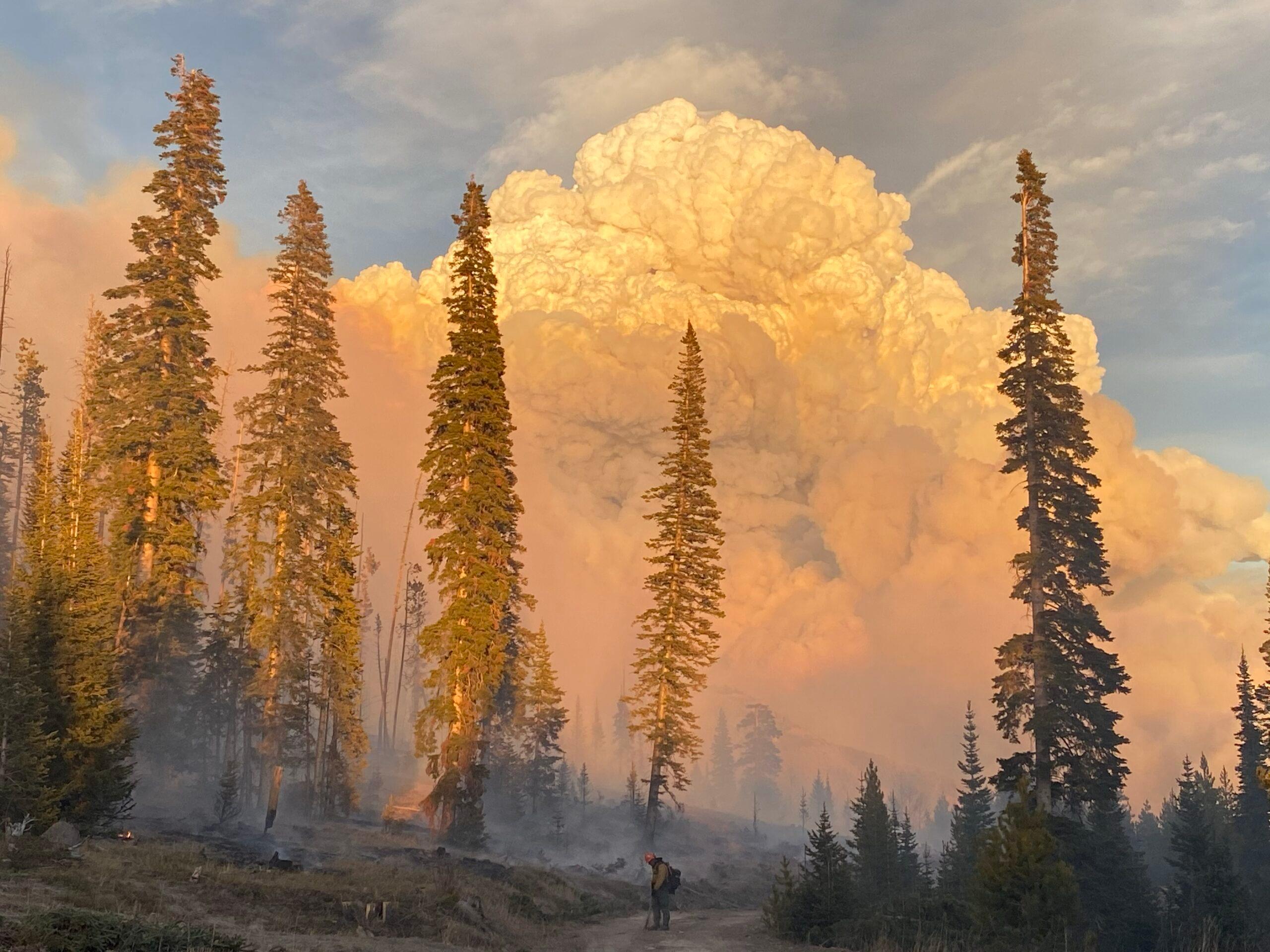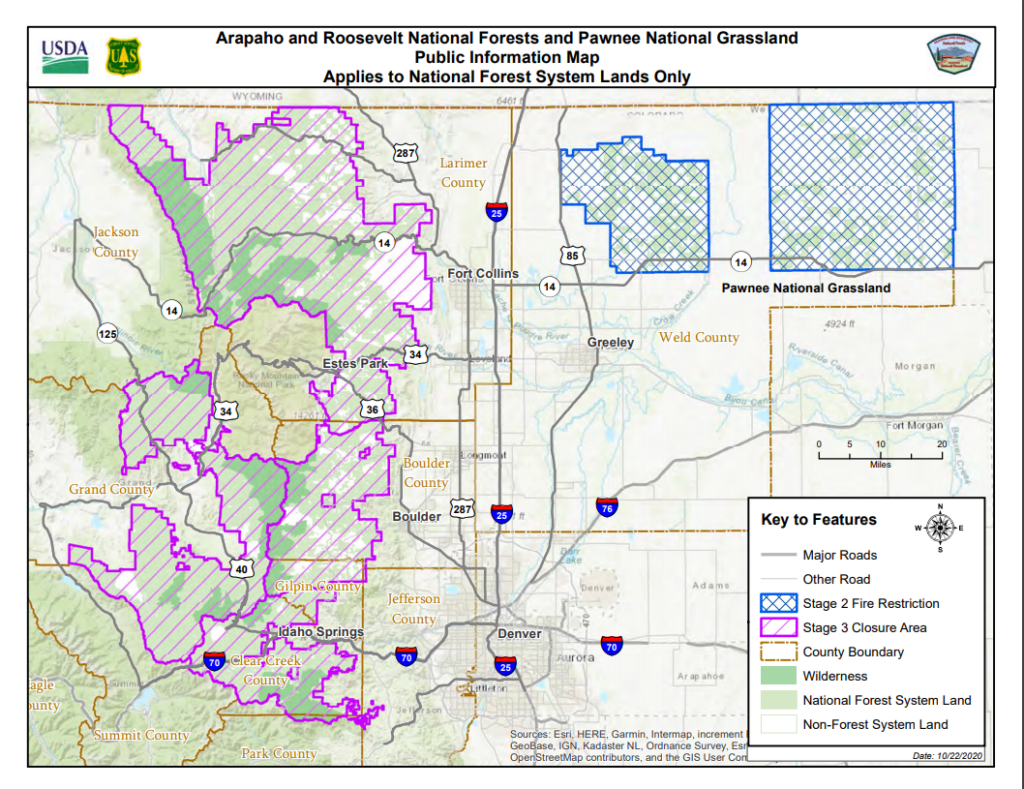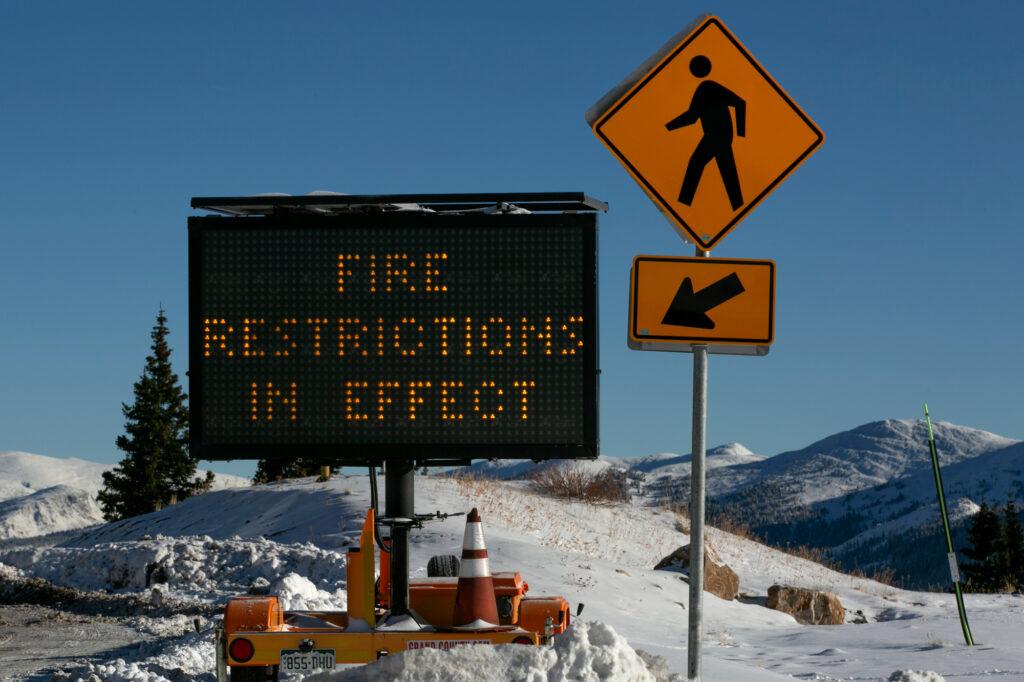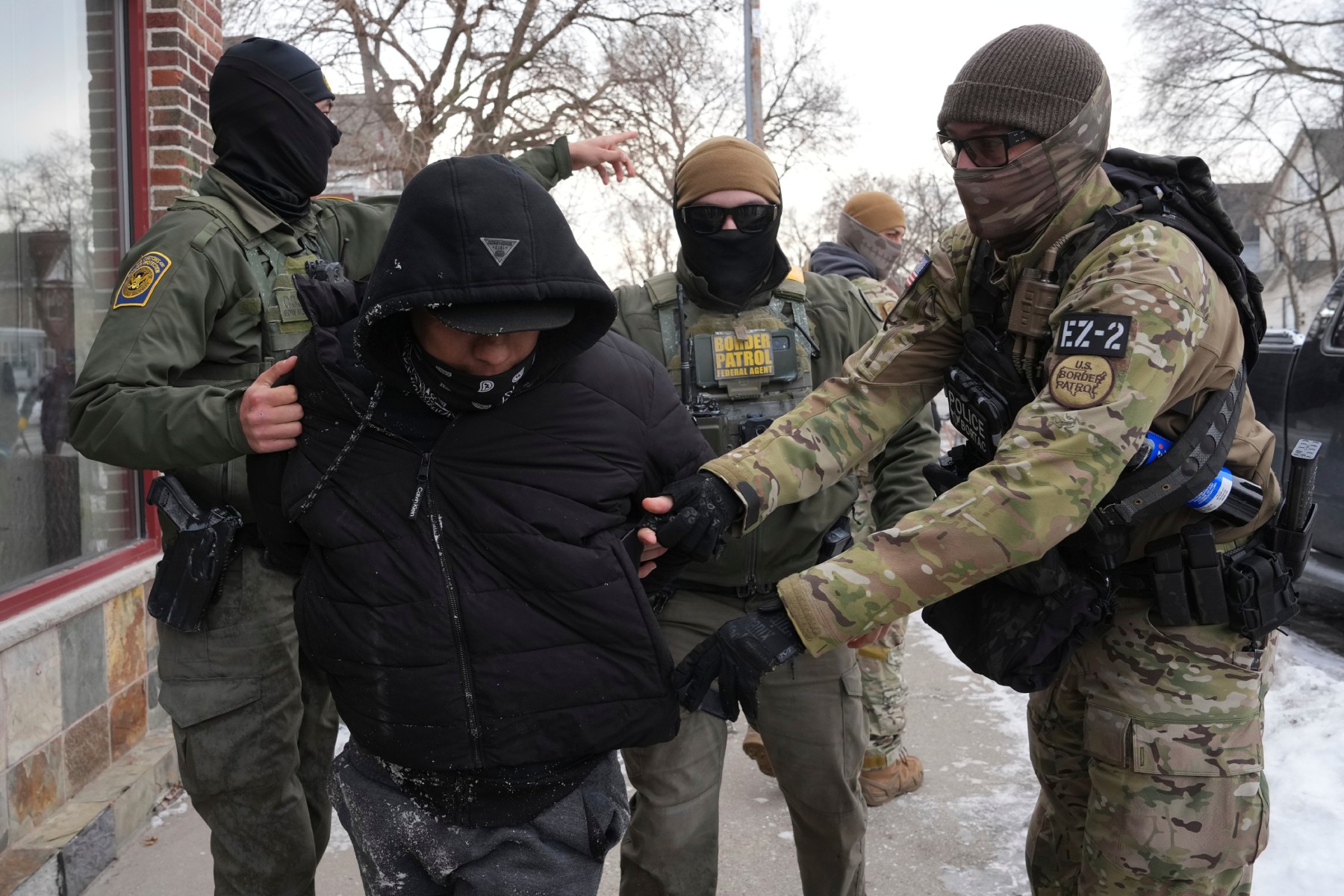
Like the many years before, Troy Hollister and his family made their way to Colorado from Wisconsin for hunting season. Their October elk permit was good for an area northwest of Rocky Mountain National Park, not far from where the state's largest wildfire ever recorded continues to burn.
"It was difficult getting there," Hollister said. "It was like a four-hour detour to get around because we couldn't get in from Wyoming, so we ended up coming in through Denver, and there were still detours all around."
Once the group made it, they found that more fire-related road closures kept them from reaching their familiar hunting spots.
"And the smoke was so bad and all that stuff, it impacted us quite a bit," he said. "We packed up half a day early. We didn't see an elk the whole time we were there."
Hollister said that fires have never been an issue in the 18 years he's hunted in Colorado. The rifle seasons start in October, when the wildfire season is usually winding down.
This October was different, which instead marked an unprecedented acceleration. The East Troublesome fire, now the state's second-largest in recorded history, started mid-month and is now more than 190,000 acres. The record-dry conditions also fueled the late-season growth of the Cameron Peak fire, now the state's largest on record.
These historic fire conditions, a symptom of human-caused climate change, have prompted the emergency closure of public lands, including all of Arapaho and Roosevelt National Forest, where almost 30 percent of the land has burned this year.

"This is the biggest closure of the Arapaho and Roosevelt that we are aware of, and it is the longest," said Reid Armstrong, public affairs specialist.
The state has refunded more than 2,800 hunting licenses due to the fires.
While a recent snowstorm blanketed Colorado with much-needed moisture and calmed fire activity, Armstrong said the decision to extend the closure through at least this next weekend comes from the long-term forecast — 8 to 14 days of no more precipitation and gradual warming.
"So our concern is that the snow that we have right now is going to melt pretty quickly, especially on those southerly facing slopes, and that we're going to be right back into a high potential for new fire starts and fire growth across the forest, " Armstrong said.
Conditions will be reassessed Monday for reopening. Armstrong said the forest is seeing some of the direst conditions ever recorded and that "resources are tapped."
"We are doing everything we can to not only continue to fight these seven fires that are still burning but also to help with some of the restoration and recovery efforts that come after the fires burn through an area," she said. "And that's on top of one of the busiest recreation seasons we have ever seen. So we cannot afford to have another fire start on this forest."
And with new fires burning in California, Armstrong said it would be a challenge to get the help needed to fight a new fire, and that "we need to give our firefighters and our first responders and our emergency personnel a little bit of a break."

To illustrate the concern, she compares the situation to the 2012 Fern Lake fire. Firefighters fought the flames for months, and snow eventually fell. But in late November, strong winds pushed the fire more than 3 miles in just 30 minutes, prompting evacuation orders for Estes Park.
"We're in worse conditions now than we were then, and that was some of the worst conditions they've seen in the hundred years in the park," Armstrong said. "We're worried that this [snow] was not a season-ending event for these fires."
She adds that they don't make the decision to close the park lightly, and "we know it has a huge impact on hunters, and that concerns us."
Jason Clay, a public information officer for Colorado Parks and Wildlife, said they've heard from many hunters who are seeking refunds or additional information on the closures. He some Coloradoans rely on hunting for food, and such a large closure triggers strong emotions for many people.
"Hunting can be a pass time for family and friends, and this is their one week of the year where maybe they get to get out in nature and spend some time with their son or daughter," Clay said.









